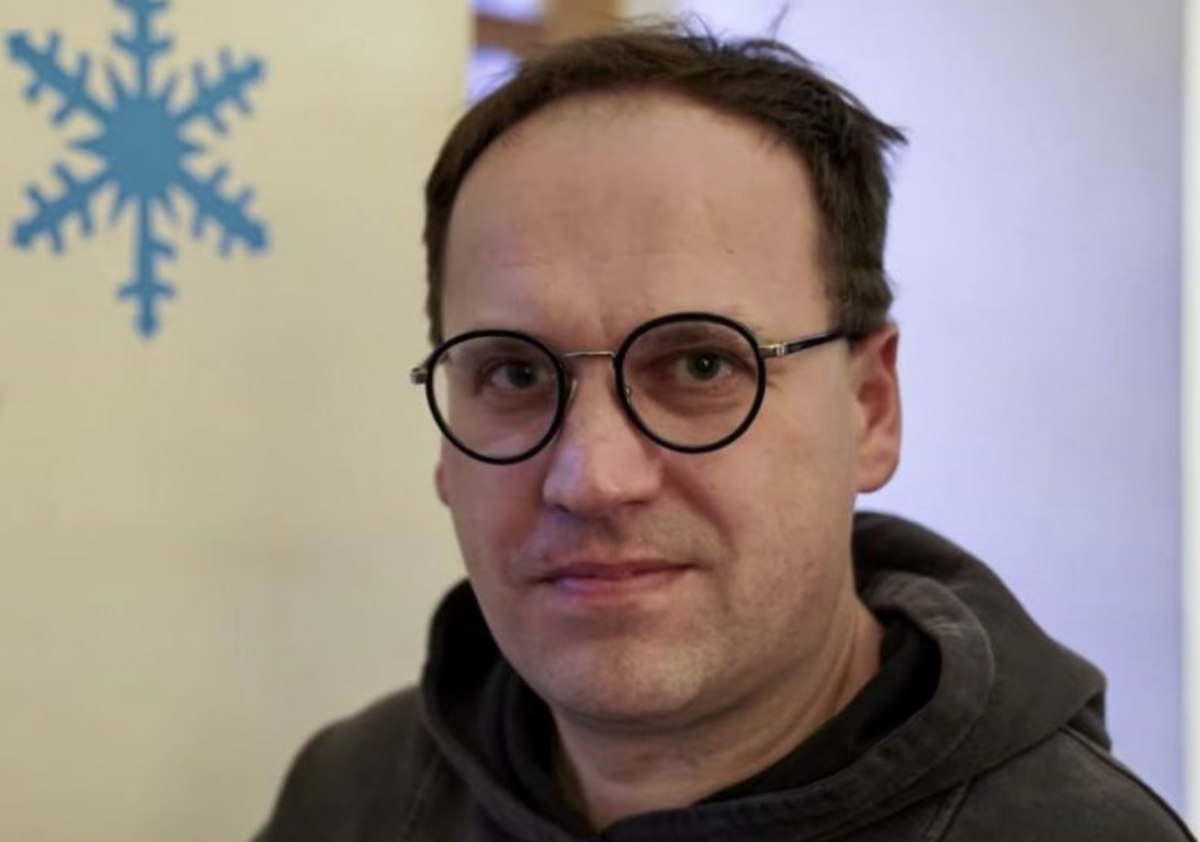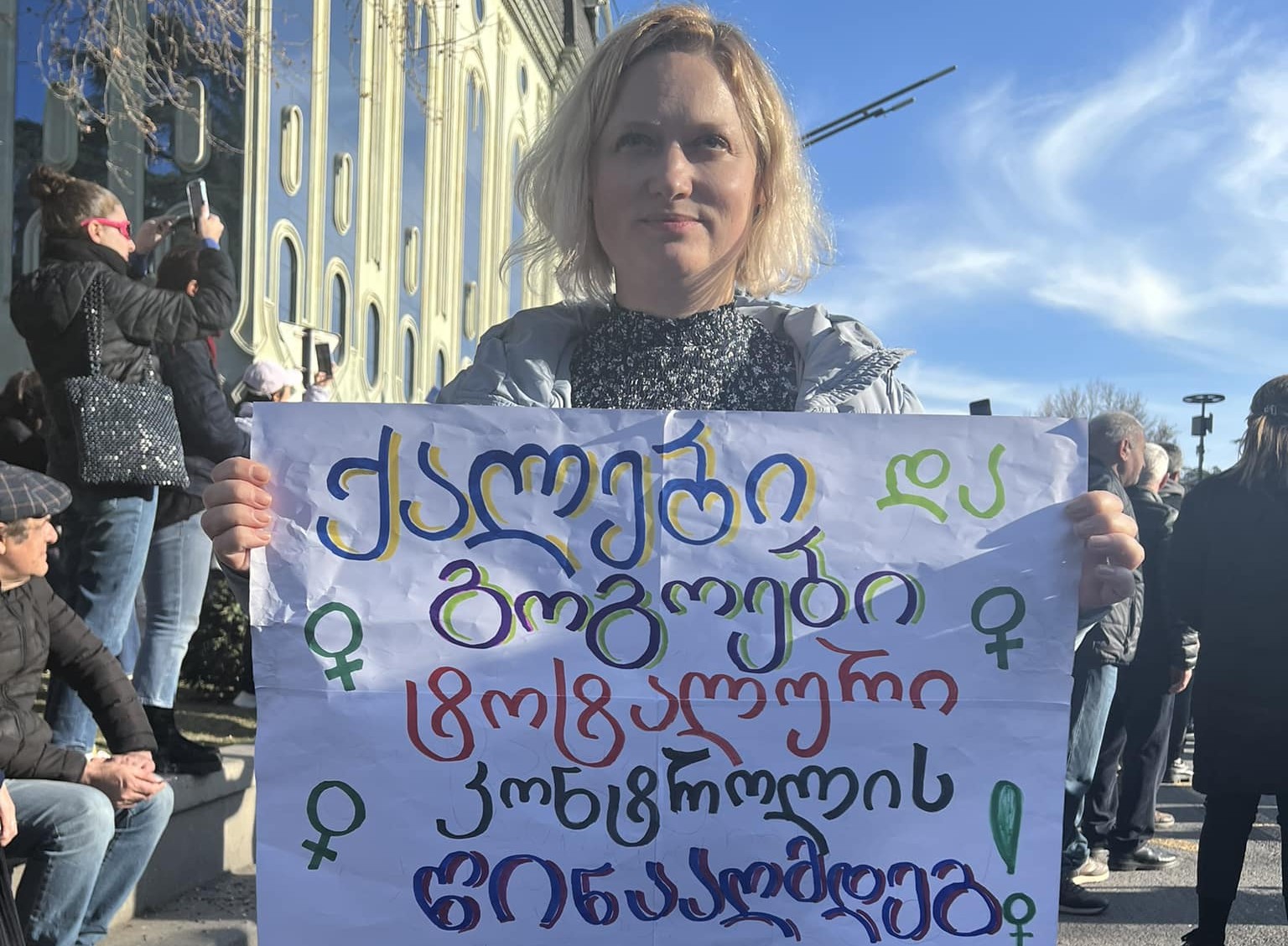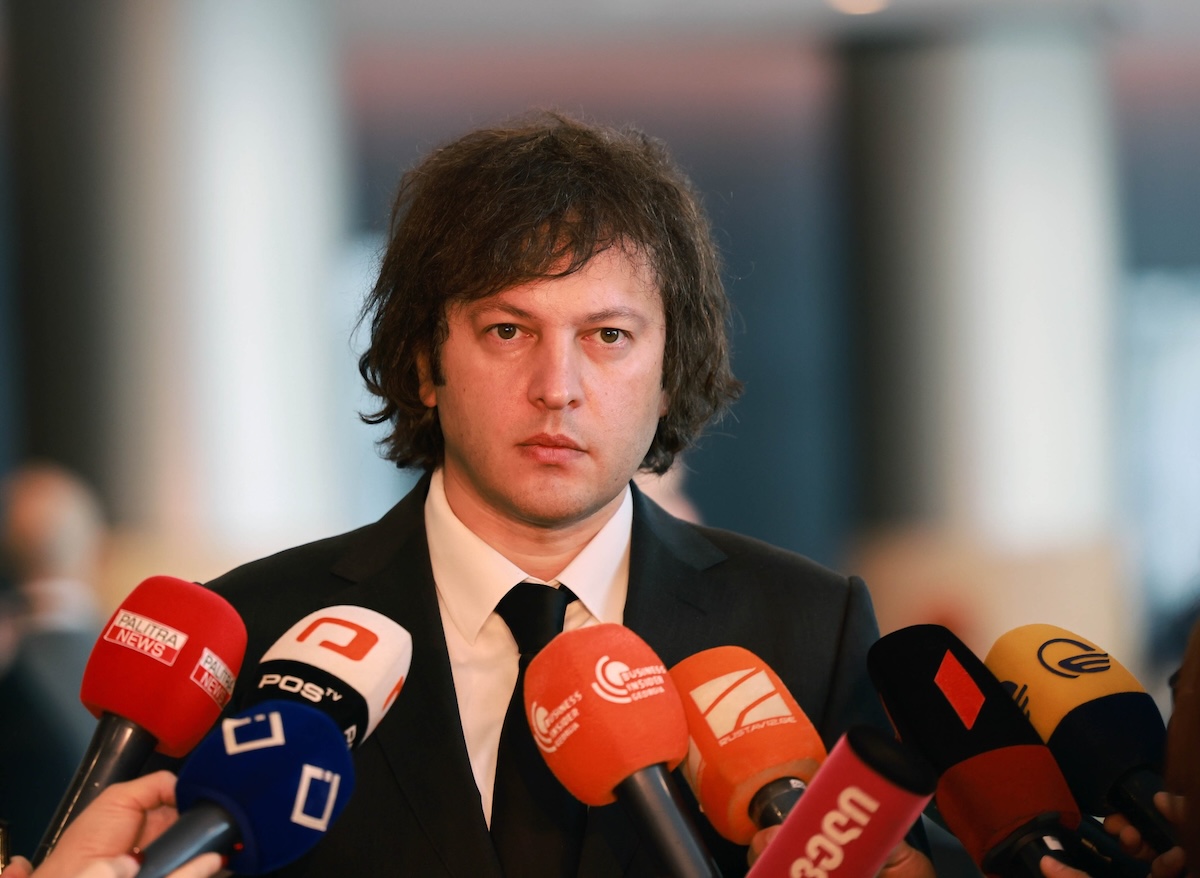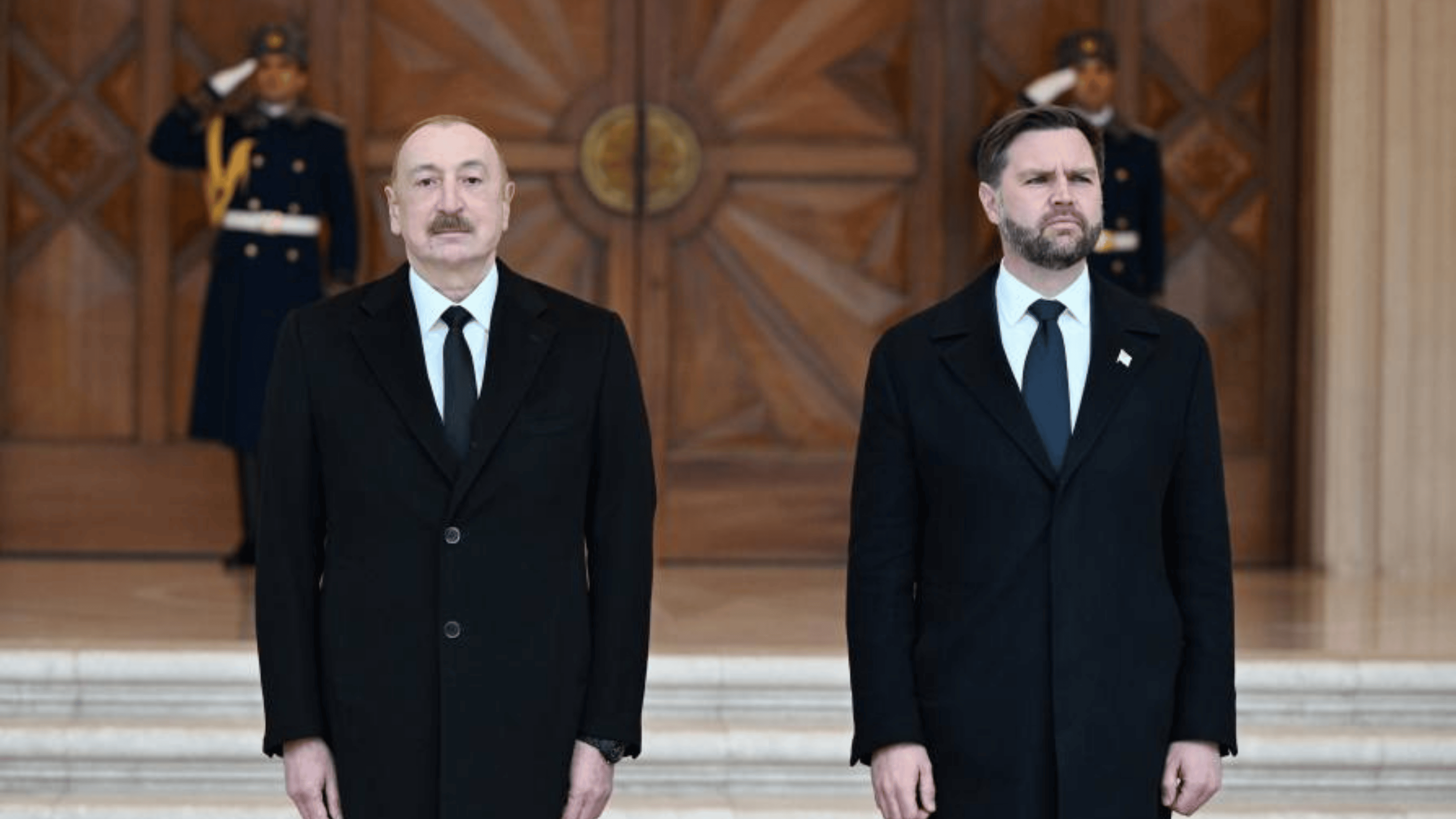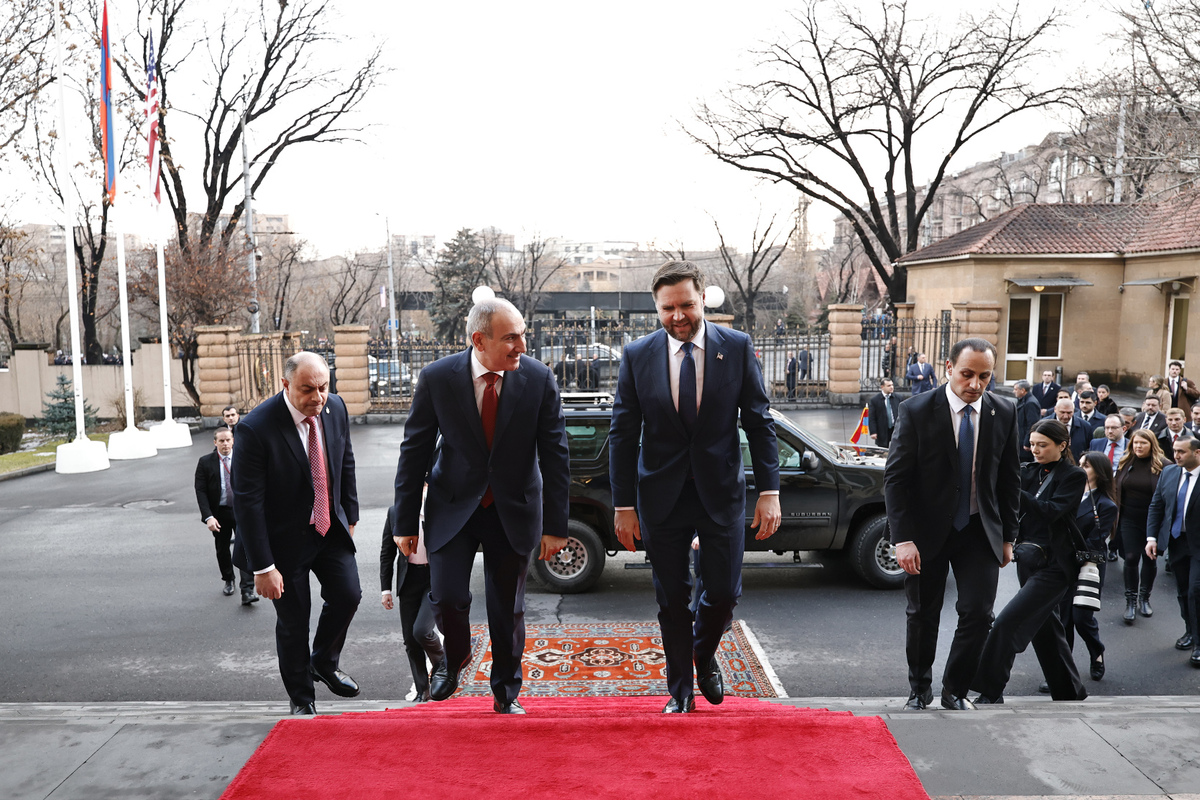Reporters Without Borders outraged as two French journalists denied entry to Georgia
Two French journalists denied entry to Georgia
According to the international organisation Reporters Without Borders (RSF), two French journalists — Clément Girardot and Jérôme Chobeau — were denied entry to Georgia without any official explanation.
RSF views this as part of a broader attempt by the Georgian government to restrict independent media amid ongoing protests in the country.
“Photojournalist Jérôme Chobeau was detained at Tbilisi Airport on 30 March and held for several hours,” said RSF. “He was denied access to his phone and luggage, was ordered to pay two unspecified fines totalling 10,000 lari [around $3,600] in cash, and was then deported.
Chobeau received no official notice of his expulsion. He had returned to France after covering protests in Georgia for two months and is now taking legal action.”
A similar situation occurred with Clément Girardot, who has been working in Georgia for over ten years and collaborates with major international media outlets such as Le Monde, Society, and Al Jazeera. Girardot holds Georgian residency, is married to a Georgian citizen, and has a child who is also a Georgian national.
On 12 February 2025, upon returning from France, Girardot was denied entry into Georgia. After a long wait at the border, he was deported without explanation.
“I’ve been reporting on Georgia since 2012. Over the years, I’ve met people from all walks of life and travelled to almost every corner of the country — always warmly welcomed. In recent months, my work focused on victims of repression. As a journalist and a friend of Georgia, I believe I’ve done my duty.
The Georgian Dream government banned me from entering the country because it wants to pursue its authoritarian ambitions away from public view. But even from afar, it won’t succeed. I will continue to speak about the Georgian people’s struggle and pain — and of course, I hope to return to Tbilisi as soon as possible,” Girardot said.
RSF notes that despite intervention from the French embassy and a local lawyer, Georgian authorities remain silent and have offered no explanation for this clear violation of press freedom. Girardot’s initial appeal was rejected, and a hearing at the Court of Appeals is scheduled for 23 June.
Jean Cavalié, RSF’s Director for Eastern Europe and Central Asia, described the entry bans as a deliberate attempt to instil fear — especially among those covering demonstrations following Georgia’s disputed parliamentary elections in October 2024.
He called on the ruling Georgian Dream party to uphold press freedom, and urged France and the European Union to increase pressure on the Georgian government.
Over the past few years, there have been dozens of cases in which foreigners — including long-term residents of Georgia — were denied entry to the country.
Most often, those refused entry are individuals critical of the regimes of Vladimir Putin or Ilham Aliyev.
For instance, on 3 February 2025, renowned Orthodox theologian and philosopher Andrey Kuraev — one of the most vocal critics of the Moscow Patriarchate — was denied entry to Georgia.
In March 2024, Russian activist Igor Miglan, who had been working on a pro-Ukraine project, was turned away at the border. A month earlier, another Russian activist, Maxim Ivantsov, was also denied entry. Ivantsov claimed the refusal was linked to his involvement in collecting signatures for Russian presidential candidate Boris Nadezhdin.
The most high-profile recent case occurred on 20 March 2025, when Lithuanian human rights defender Regina Yegorova-Askerova was barred from entering the country. Like Girardot, she had lived and worked in Georgia for many years, and her husband and children are Georgian citizens.
In all these cases, no official explanation was provided.










